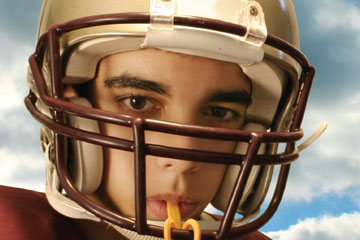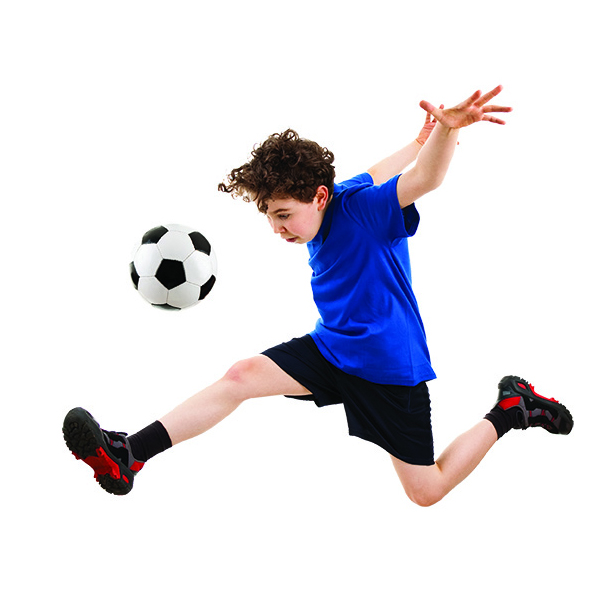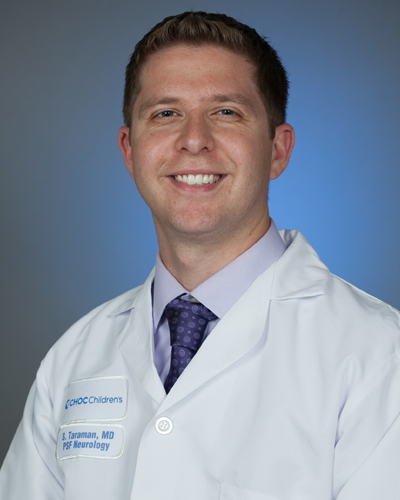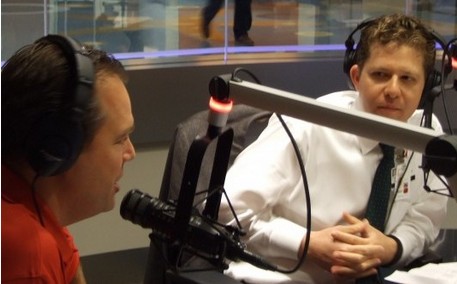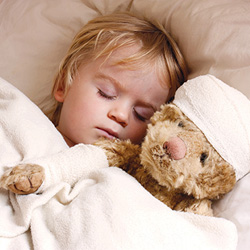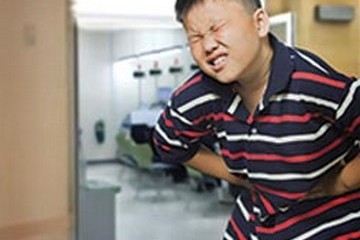UNDERSTANDING CONCUSSIONS
“The word concussion comes from the Latin word to shake violently. It’s a force that causes a temporary injury to the brain or spinal cord,” says Dr. Sharief Taraman. “A lot of times, people may hit their head and don’t realize it was a concussion.”
Signs of concussion may include:
- Forgetfulness
- Confusion
- Loss of consciousness
PLAY IT SAFE
If a child is injured during a sports practice, parents and coaches should make sure the young athlete stops playing. “The child needs to avoid any further hits, jolts, shakes or bumps to the head or spine,” says Dr. Taraman. “Make sure they don’t go back [in the game] and get a second hit. Not only is it unsafe, it’s going to make the recovery take longer and affect the child.”
SIDELINE TIME
“The vast majority of concussions will resolve themselves and heal relatively well,” says Dr. Taraman. After being diagnosed, parents should follow the Graduated Return to Learn & Play Guidelines advised by their doctor. This includes “slowly ramping up from a total rest period of 24 to 48 hours not visiting social media, texting, etc so the brain can heal,” says Dr. Taraman.
The guidelines include five stages of activity levels, such as:
- No physical activity
- Sports-specific exercise
- Non-contact training drills
FAST FACTS
- How many hours should a child rest after an on-field head injury: 24-48
- What is the number of sports-related concussions that occur every year in the U.S.: 30,000
- What is the percentage of sports-related concussions involving children between the ages of 8 and 13: 40%
